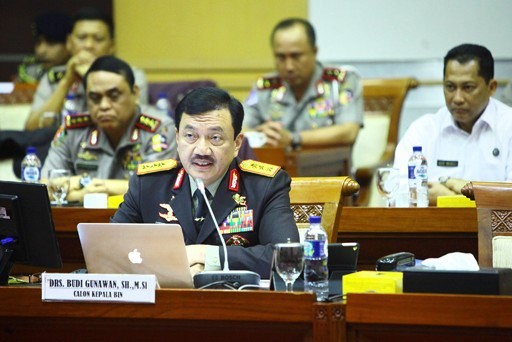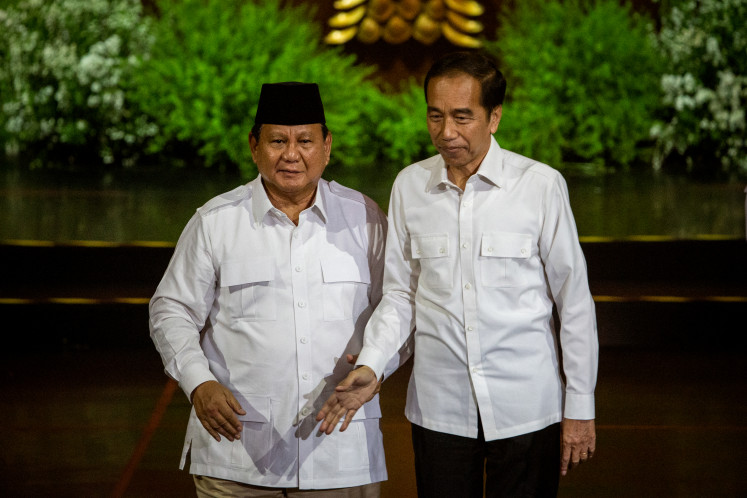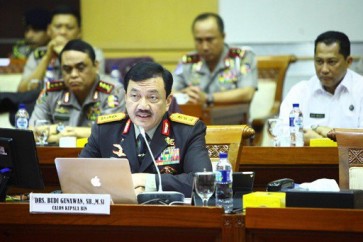Popular Reads
Top Results
Can't find what you're looking for?
View all search resultsPopular Reads
Top Results
Can't find what you're looking for?
View all search resultsIntelligence services in changing nation
Intelligence agencies are a reflection of the society within which they operate.
Change text size
Gift Premium Articles
to Anyone
I
ntelligence agencies are a reflection of the society within which they operate. During the Cold War, a litmus test could differentiate between dictatorships and democracies: in dictatorships, one intelligence agency covered domestic and foreign operations; in a democracy, they were split between separate agencies.
So democracies like the United Kingdom had MI-5 for internal duties and MI-6 for external duties. The Federal Bureau of Investigation (FBI) remained within the United States’ borders, while its Central Intelligence Agency (CIA) looked outward.
A dictatorship like the Soviet Union, by contrast, covered everything — internally and externally — with the Russian intelligence agency or KGB. Indonesia also skewed in that direction.
These days, globalization has somewhat blurred the distinction. Many threats don’t respect national boundaries. Religious radicals, for example, wage regional battles irrespective of borders. As a result, the FBI and CIA now sit together in fusion centers. FBI offices overseas have proliferated too. Still, one truism remains: a reverse correlation between liberty and intelligence operations. The fewer the personal freedoms granted to a citizenry, the wider the mandate for its intelligence agency. Conversely, the greater the personal freedoms, the more pronounced the limitations on the intelligence body.


















